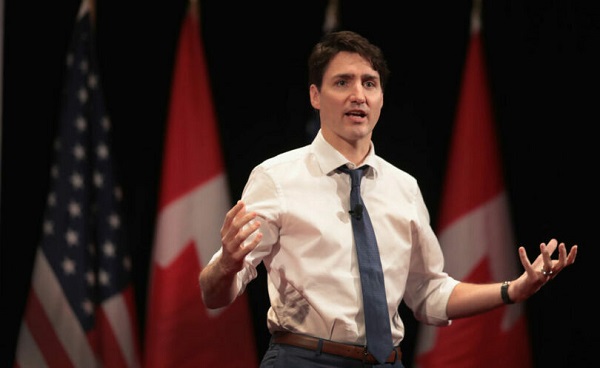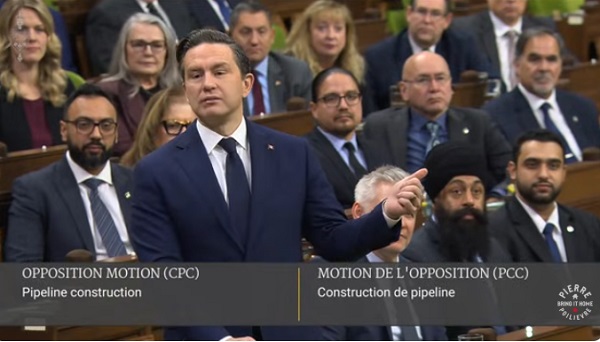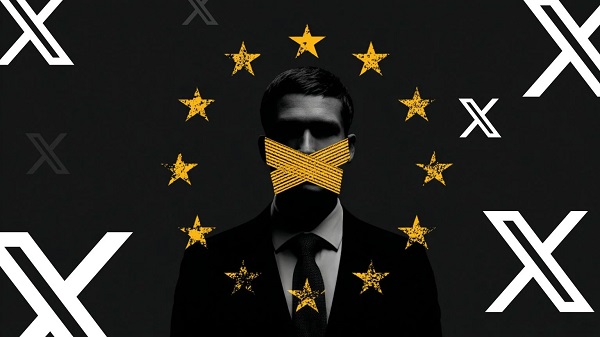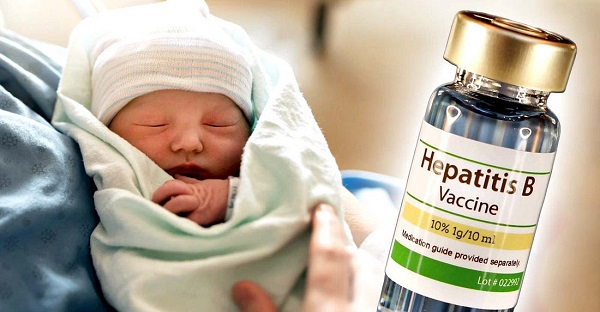National
Over 20 Liberal MPs reportedly sign document calling on Trudeau to step down

From LifeSiteNews
A growing number of Liberal MPs are working to oust Justin Trudeau following two disastrous by-election results in ‘safe’ ridings in Toronto and Montreal and a growing mountain of scandals.
A number of Liberal Members of Parliament are reportedly mounting new efforts to oust Prime Minister Justin Trudeau amid his plummeting popularity.
According to information obtained by CBC News, around 20 Liberal MPs have signed a document to call on Trudeau to be removed as leader of the Liberal Party, following two disastrous by-election results in “safe” ridings in Toronto and Montreal.
“Pressure is building on the prime minister and his office as a growing number of anxious Liberal MPs are co-ordinating efforts to force Justin Trudeau to step down as Liberal Party leader,” the report stated.
According to the reported sources, the document is not merely a letter, but rather a “vehicle to secure commitment” for a change in leadership in the floundering Liberal Party.
While the exact number of signatories is not known, MPs reportedly told CBC News that a minimum of 20 have given their support for the move. One MP reportedly disclosed that the names have “spilled onto a second page” as more and more MPs wish to sign on.
The document is reportedly being tightly guarded, with no copies or photos being circulated.
In addition to the clandestine document, others have begun to publicly decry Trudeau’s leadership and call for his resignation. Earlier this week, Liberal MP Sean Casey of Charlottetown, Prince Edward Island, told CBC News that Trudeau’s time as leader has ended, making him the second MP this week to make such a declaration.
“My job has always been to project the voice of the people I represent in Ottawa, to be Charlottetown’s representative in Ottawa, and not the reverse,” he said. “And the message that I’ve been getting loud and clear and more and more strongly as time goes by is that it’s time for him to go. And I agree.”
Casey’s statement echoes Montreal Liberal MP Anthony Housefather who told CTV News that it is time for the Liberal Party to discuss who will lead them into the 2025 election.
“I support whoever is leader in my party at all times,” he said. “But that doesn’t mean there shouldn’t be a robust caucus discussion about who the best person to lead us in the next election is, and that discussion should happen in caucus. It shouldn’t happen in the media.”
Calls for Trudeau’s resignation come on top of the numerous Liberal MPs, including former cabinet ministers, who have vacated their seats or who have announced that they will not be running for re-election.
In addition to calls from the political class for Trudeau’s resignation, or at the very least their distancing themselves from his leadership, Canadian citizens have also had enough of the prime minister’s tyrannical rule over the country. Trudeau’s trampling of basic freedoms, reckless spending, and endless lies have finally woken up Canadians to the state of the nation.
Polls continue to uncover the upset of Canadians toward the current government, whether it be the 70 percent found who believe the country is “broken,” or the majority of citizens who report being worse off financially since Trudeau took office.
Additional polls show that the scandal-plagued government has sent the Liberals into a nosedive with no end in sight, with a September poll showing that the Conservatives under Pierre Poilievre would win a landslide majority government were an election held today.
Business
Looks like the Liberals don’t support their own Pipeline MOU

From Pierre Poilievre
Alberta
They never wanted a pipeline! – Deputy Conservative Leader Melissa Lantsman

From Melissa Lantsman
Turns out the anti-development wing of the Liberal Party never stopped running the show.
Today, we’ll see if the Liberals vote for the pipeline they just finished bragging about.
Spoiler: they won’t. Because with the Liberals, the announcements are real, but the results never are.
-

 National11 hours ago
National11 hours agoLiberal bill “targets Christians” by removing religious exemption in hate-speech law
-

 Business1 day ago
Business1 day agoThe EU Insists Its X Fine Isn’t About Censorship. Here’s Why It Is.
-

 Focal Points2 days ago
Focal Points2 days agoCommon Vaccines Linked to 38-50% Increased Risk of Dementia and Alzheimer’s
-

 Business1 day ago
Business1 day agoCanada invests $34 million in Chinese drones now considered to be ‘high security risks’
-

 Economy1 day ago
Economy1 day agoAffordable housing out of reach everywhere in Canada
-

 Health1 day ago
Health1 day agoCDC Vaccine Panel Votes to End Universal Hep B Vaccine for Newborns
-

 Bruce Dowbiggin1 day ago
Bruce Dowbiggin1 day agoWayne Gretzky’s Terrible, Awful Week.. And Soccer/ Football.
-

 Business20 hours ago
Business20 hours agoThe Climate-Risk Industrial Complex and the Manufactured Insurance Crisis




